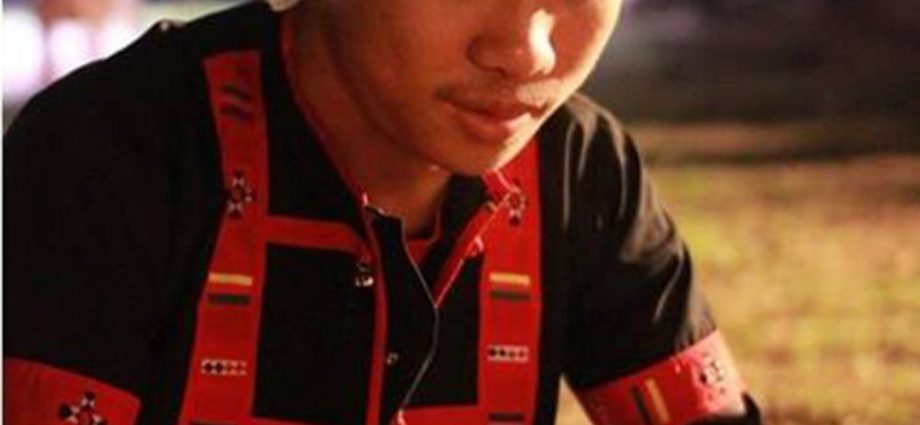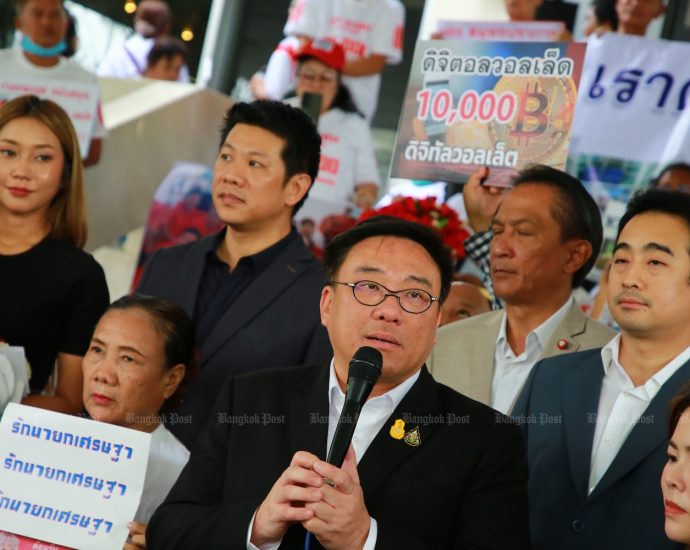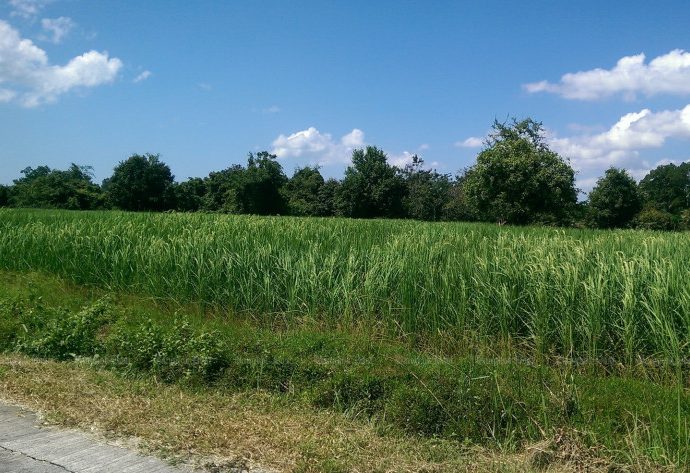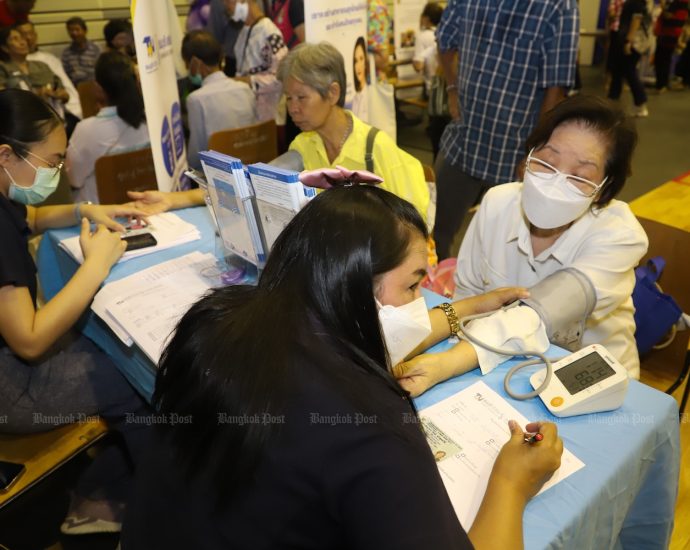RTA faces payout over death
Activist’s mother to receive nearly B2m
PUBLISHED : 17 Nov 2023 at 04:31
The Supreme Court has ordered the Royal Thai Army (RTA) to pay 2 million baht in compensation for the death of Lahu human rights activist Chaiyaphum Pasae, who was shot dead at a checkpoint in Chiang Mai province in 2017, the Cross-Cultural Foundation (CrCF) said on Thursday.

Chaiyaphum: Shot at checkpoint
Writing on the CrCF’s fan page on Facebook, the court stated that the RTA took full responsibility for Chaiyaphum’s death and had to pay 120,000 baht for his funeral ceremony, a 50,000 baht lawyer’s fee, and another 1,952,400 baht to Chaiyaphum’s mother — or 2,072,400 baht in total.
The RTA was ordered to pay within 30 days.
The case was first filed in May 2019 by Napoi Pasae, Chaiyaphum’s mother, who sought compensation.
The officers claimed they found narcotics in Chaiyaphum’s car and had to shoot him because he resisted an attempted search and tried to throw a hand grenade at them.
However, a witness told local media that Chaiyaphum was dragged out of the car, beaten, and shot.
The Supreme Court verdict reversed the decisions made by both the Appeal Court in 2022 and a Civil Court in 2020 to dismiss the lawsuit.
The former, in its ruling, stated that the army did not have to pay compensation to Chaiyaphum’s family as it considered the M16 rifle that a soldier shot Chaiyaphum with was used in self-defence.
However, some human rights experts noted that none of the officers had received any penalties, and the compensation was just a civil liability for the RTA, according to the CrCF’s post.

















